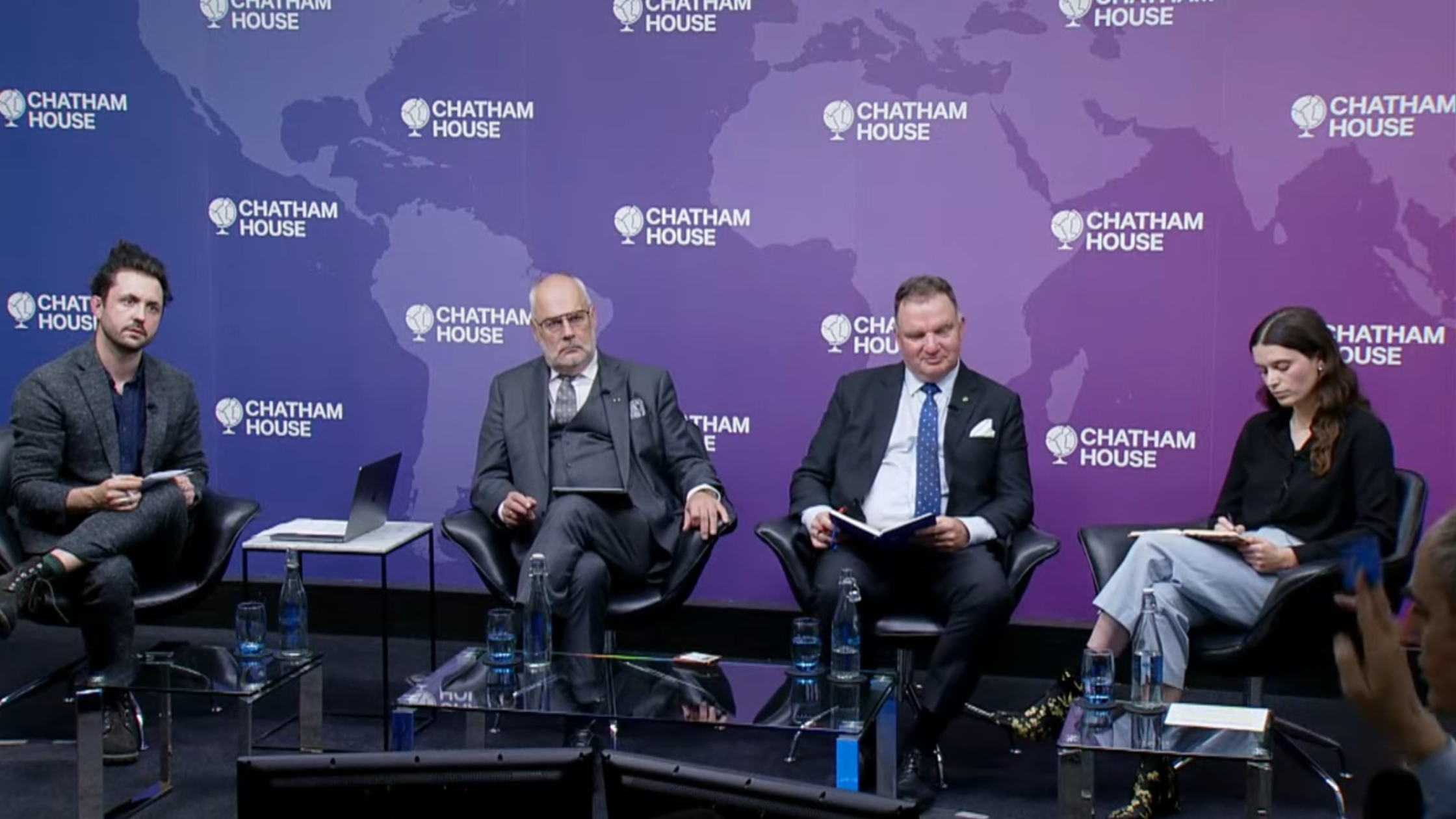The UK Government recently announced plans to introduce a digital ID system "fit for the needs of modern Britain", while citing Estonia's digital society as an inspiration.
The announcement took many by surprise, although interest in the success of Estonia's digital society had been building over many years from British policymakers on all sides of the political spectrum.
Many of them have, at some point, visited Estonia to understand it up close. So have many British journalists and influential researchers. (And from all over the world too).
Estonian state agencies like e-Estonia, e-Residency, Visit Estonia, and Startup Estonia do an excellent job continuously hosting these kind of international visits, in coordination with the private sector, leading to a lot of great media coverage accurately showcasing Estonia's digital society and so much else about Estonia.
'We have built a digital society and we can show you how,' offers e-Estonia.
The point is not that every country should make a carbon copy of the Estonian digital system, but Estonia's experiences and lessons learnt along the way can help inspire other countries as they embrace digital development in their own way that fits with their culture and their unique requirements.
In Japan, for example, they decided for cultural reasons that they didn't want to assign a number to each person as a unique identifier. Cleverly, they are instead using their existing hanko system of name stamps, which are emerging as the basis for their uniquely fascinating digital society.
A very British digital society
The UK too can build a very British digital society by incorporating some lessons from Estonia and elsewhere but also trying new things of its own.
Everyone should be involved in that discussion, even the loudest critics. Their concerns should help shape a system and set of principles for it that works better for everyone.
The British proposal is at a very early stage and the initial public discussion and media coverage after the announcement - largely negative so far - has been focused on a hypothetical future framed as a trade-off between privacy and convenience.
So the discussion could certainly benefit from more perspectives of people who already have digital IDs, which includes thousands of Brits, such as the roughly 5,000 who applied for e-Residency of Estonia.
It's notable that many of the most influential voices in the UK advocating for a smartly designed digital ID, both across politics and in the media, have been people who have visited Estonia at some point or become e-residents, showing how work over many years can bring results long into the future.
President of Estonia Alar Karis already had a pre-planned visit to the UK shortly after the announcement so his busy itinerary was expanded to include a discussion of digital IDs at Chatham House.
As a dual citizen of the UK and Estonia, long supporting efforts to improve understanding of Estonia and its digital society, I was asked to join the trip. This opened up additional opportunities to engage policymakers, journalists, and the wider public about Estonia's experiences and lessons learnt.
At Chatham House, I opened the discussion with a presentation about e-Estonia and some of my own reflections. You can watch the entire session online here (no Chatham House rules this time).

I've done a few stunts over the years to help emphasise how easy it is to use a digital ID, including starting a company in a sauna and voting while submerged in ice water.
I was unsure whether to show any of that in front of such a prestigious audience but I'm glad we were able to have a few laughs too, while also addressing the more serious concerns.
It was particularly great to see Estonia's first ever e-resident, Edward Lucas, in attendance. When it came to asking questions, he gave his own impassioned contribution and is still recommending people become an e-resident of Estonia.
You can spot him proudly holding his Estonian digital ID card in the bottom right here.

During my trip, I was impressed by the tech savvy team at the UK's Department for Science, Innovation, and Technology who are working to deliver the UK's digital IDs.
They're thinking deeply about how digital IDs can upgrade British public services, put citizens back in control of their data, make daily life more convenient, and boost the UK economy.
Before hopping on my flight home, I made a quick video with them, which they then posted on YouTube, LinkedIn, X, Facebook, and Instagram - even making its way to the Prime Minister's account.

After returning to Estonia, I wrote up my longer thoughts for e-Estonia's blog about the experience of Brits with digital IDs, addressing the biggest concerns at present in the UK.

I argue that Estonians didn’t make any trade-offs with their privacy and freedom. And so, if the UK also decides to adopt digital IDs to enhance public services and boost prosperity, then the UK shouldn’t make any trade-offs either.
The UK's discussion will continue for years, but if Brits need more advice based on real experiences of using digital IDs, then they know who to ask.


